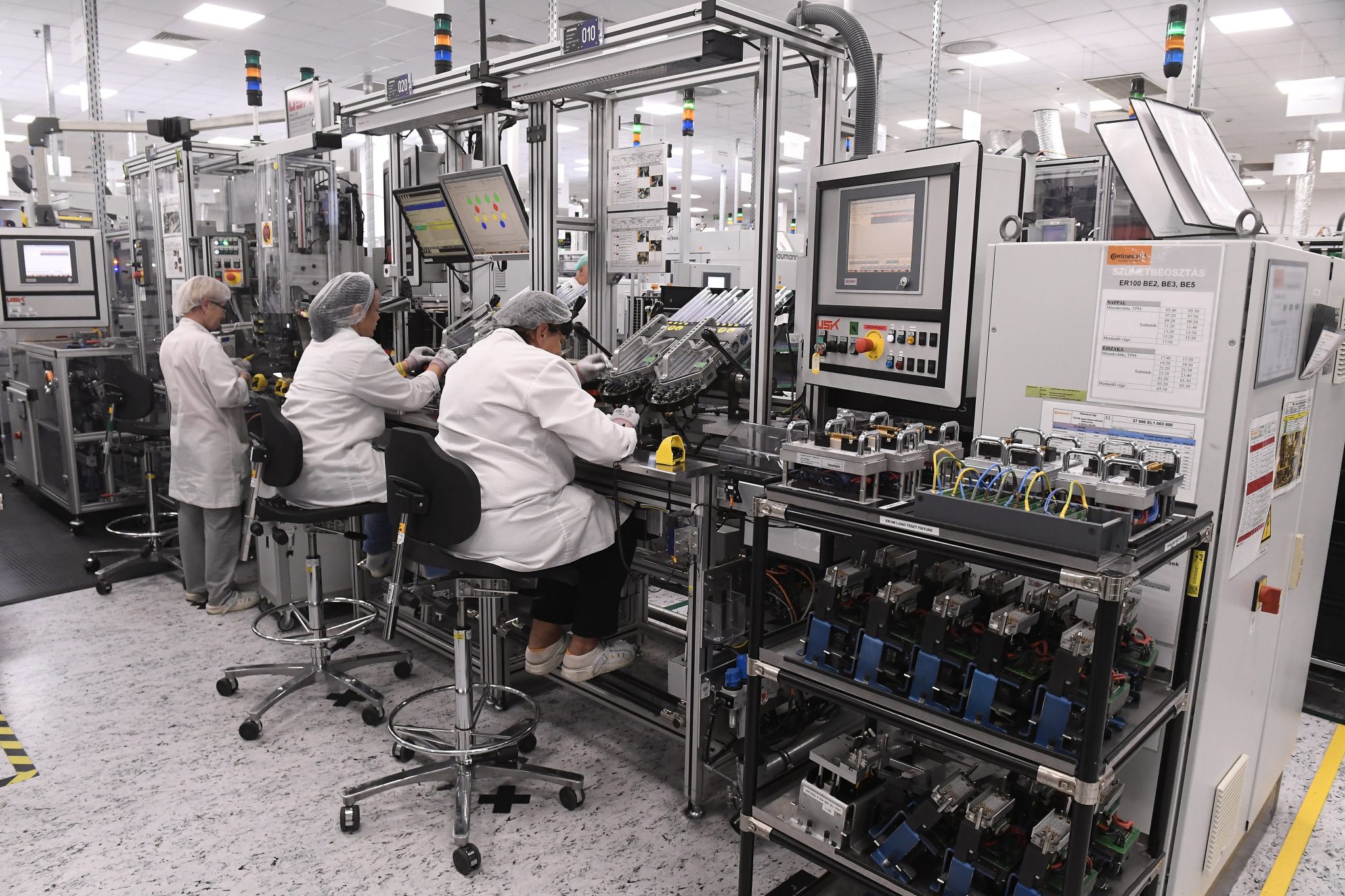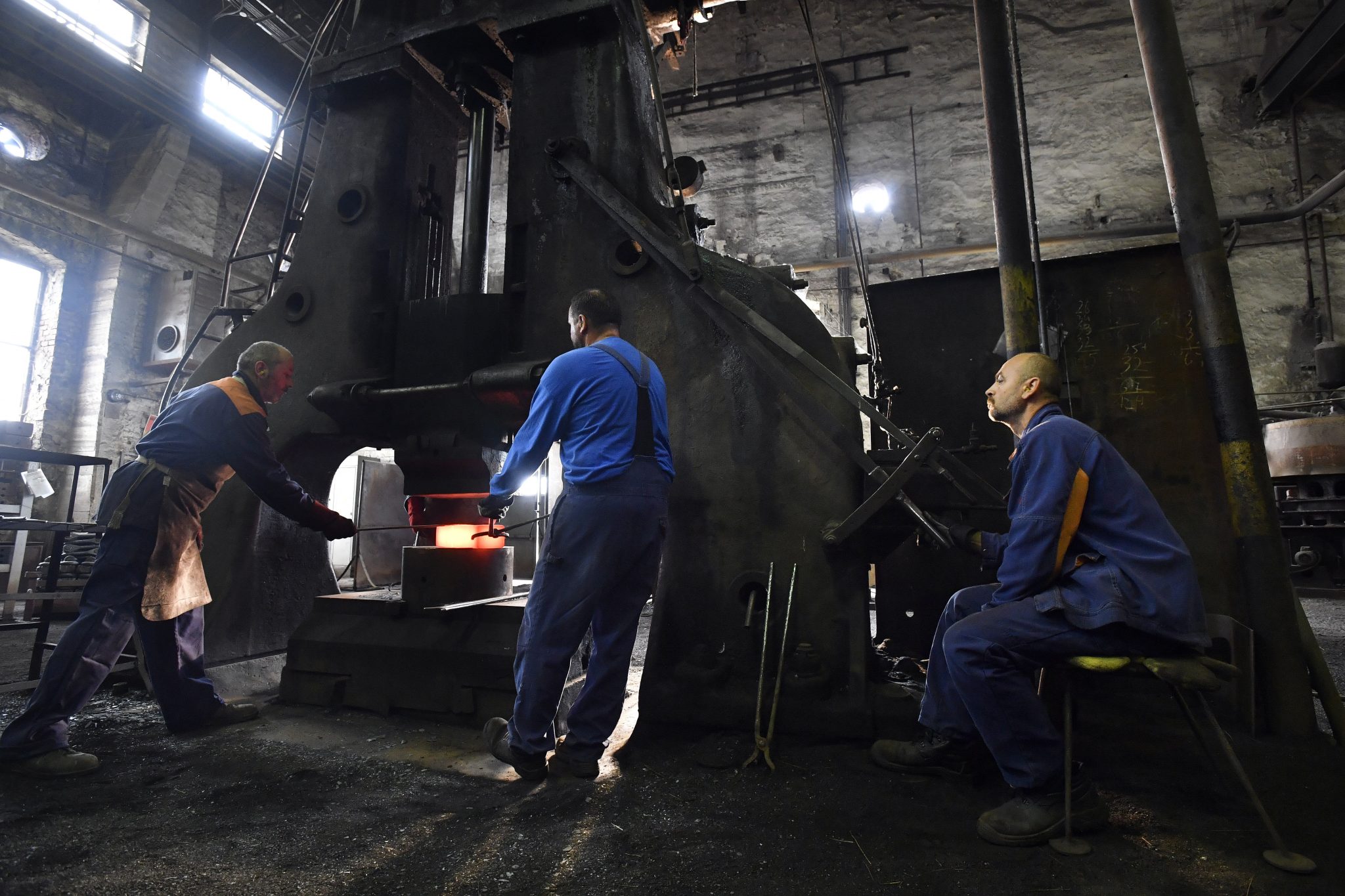
Dozens of automotive, engineering, and electronics companies in Hungary are preparing to charge workers employed in a working time banking system for their unworked hours, daily Népszava reports. According to trade union Vasas, the move is completely illegal.
Automotive companies in Hungary have been facing many challenges, including the shortage of chips, batteries, and steel. The already difficult situation has been compounded in recent months by Hungary’s covid restrictions and factory shutdowns. As a result, dozens of automotive companies have been unable to get their employees to work their allotted hours, and are now preparing to make their workers pay for the deficit in those working hours.
Related article
Trade Unions: Employers Rarely 'Use' Overtime Bill's Benefits
Besides certain, rather rare cases, application of the much-debated overtime bill, a.k.a. the “slave law,” has not at all become a common practice, a recent report of economic investigative site G7 showed, in reference to feedback from the trade unions. The legislation that drew demonstrations and loud protests has, in brief, two cornerstones: firstly, employers […]Continue reading
At least 80-100,000 forints (EUR 222-277) is planned to be collected from most workers, but some of them might be forced to pay 600-800,000 forints (EUR 1,665-2,220), Zoltán László, vice-president of the Hungarian Metalworkers Federation (Vasas), told leftist daily Népszava, adding that the problem affects more than 10,000 workers.
According to the trade union, this practice is made possible by an amendment to the Hungarian labor law that entered into effect at the end of 2018, which its critics simply call the “slave law.” At the time of its adoption, the legislation generated huge backlash, triggering several protests on the streets of Hungary.
Related article
Fire, Aggression and Tear Gas: Demonstration Against "Slave Law" Got Out of Hand
Following thirty-five arrests, five injured police officers and four documented uses of tear gas against demonstrators, the government has labeled last night’s protest illegitimate due to its aggressive nature. Supporters of the opposition parties and civil protesters gathered in front of the Parliament on Wednesday afternoon to protest the controversial changes made to the labor code […]Continue reading
Among other things, the regulation allows for the extension of allocated cumulative working time (working time banking) in factories up to 36 months in case of a collective labor contract. This means that workers can be employed for up to three years with their work schedules adjusted to the amount of work they do. This way employees receive their basic salary at times they have to work shorter shifts and also when they have to work a lot of overtime.
Some employers try to roll the working hour deficit into the next working time banking period, while others say that workers owe money to the company. The vice-president of Vasas says both solutions are illegal.
At the end of the working time banking period, everything must be accounted for, extra hours must be paid, and the minus hours must be zeroed out by the company.
If the company can’t make [employees] work it off, it has to book it as its own loss- that’s what the law says, according to Zoltán László. The worker cannot be blamed for not being given a job, the vice-president of Vasas added.
Featured photo illustration by Szilárd Koszticsák/MTI


